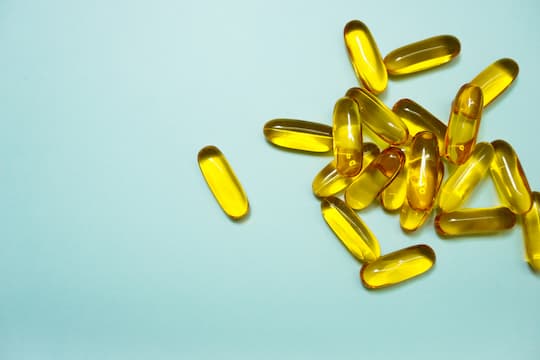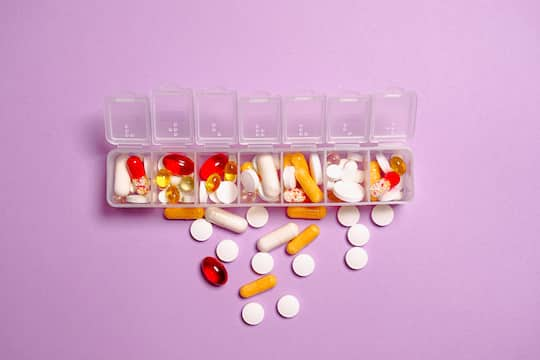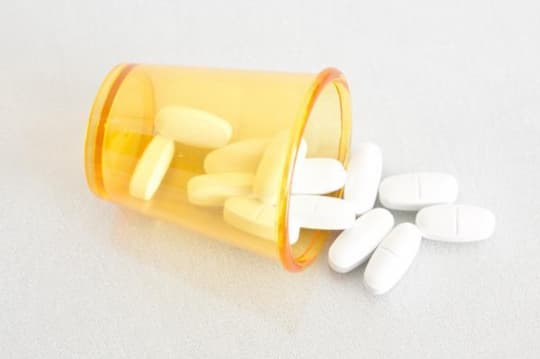Supplementation of this compound, also naturally found in animal proteins, has been called the elixir of life.
Taurine supplementation extends the health and life span of middle-aged mice by 12 percent, research finds.
In humans it is also a semi-essential nutrient that is crucial for longevity and wellbeing.
Taurine is synthesised from cysteine in the pancreas, however, as the body does not produce enough, the rest must be obtained from the diet.
Also, taurine concentration drops as we age and the vegetarian and vegan population are at a higher risk of taurine deficiency.
For optimum levels, taurine can be obtained from high-protein foods such as meat, fish, and dairy, or taurine supplements.
Taurine plays a pivotal role related to the aging process: a deficiency reduces life expectancy, while supplementation could delay aging and help us look younger.
Taurine deficiency can lead to health issues such as hypertension, abdominal obesity, inflammation, type 2 diabetes, and aging-related diseases.
Animal research shows that taurine supplements slow the aging process by reducing DNA damage and improving an enzyme called telomerase which protects the ends of chromosomes.
Dr Vijay Yadav, the study’s senior author, said:
“For the last 25 years, scientists have been trying to find factors that not only let us live longer, but also increase health span, the time we remain healthy in our old age.
This study suggests that taurine could be an elixir of life within us that helps us live longer and healthier lives.”
Taurine has been known for its role in improving bone density, supporting the immune system and nervous system function, lowering blood glucose, and increasing weight loss.
Exercise and taurine
Another study found higher levels of taurine in athletes compared to sedentary individuals.
To see the impact of exercise, they measured taurine levels in participants’ blood before and after a vigorous cycling session.
Normally sedentary individuals experienced increased amounts of taurine after the workout as was seen in runners, bodybuilders, cyclists, and other athletes.
Dr Yadav said:
“No matter the individual, all had increased taurine levels after exercise, which suggests that some of the health benefits of exercise may come from an increase in taurine.”
Researches also compared the levels of taurine in different age groups and found that with aging a large quantity is lost.
For example, taurine levels in a 60-year-old person were only one-third of a five-year-old child.
Dr Yadav said:
“That’s when we started to ask if taurine deficiency is a driver of the aging process, and we set up a large experiment with mice.”
Anti-aging process
The aging process adversely affects human health so as people are living longer staying healthy in older age is a challenge.
Scientists acknowledge that some molecules such as taurine are important in aging, if so, the process can be controlled.
With the knowledge that a molecule like taurine is a driver of aging, increasing its levels should slow aging and improve the ‘healthspan’ (being healthy for a longer span).
Dr Yadav said:
“We realized that if taurine is regulating all these processes that decline with age, maybe taurine levels in the bloodstream affect overall health and lifespan.”
Taurine supplementation
Dr Yadav and the team examined the effect of taurine supplementation on both health and lifespan in middle-aged mice and monkeys.
Daily taurine supplements for six months in monkeys and one year in mice provide remarkable health benefits.
It improved the immune system, lowered blood glucose and some markers of liver damage, increased bone density in the legs and spine, and prevented weight gain in monkeys.
Taurine supplements improved muscle endurance and strength, increased bone mass, reduced insulin resistance, increased energy expenditure, reduced weight, decreased depression-like and anxious behaviours in mice.
Taurine supplements reduced “zombie cells” which are old cells that continue living and produce toxins in the body.
It also increased telomerase, elevated stem cell levels important for healing tissues after injury, slowed DNA damage, and improved mitochondria function.
These experiments suggest taurine probably can increase longevity and improve health in humans.
Dr Yadav said:
“I think taurine should also be considered.
And it has some advantages: Taurine is naturally produced in our bodies, it can be obtained naturally in the diet, it has no known toxic effects (although it’s rarely used in concentrations used), and it can be boosted by exercise.
Taurine abundance goes down with age, so restoring taurine to a youthful level in old age may be a promising anti-aging strategy.”
The studies were published in the journal Science (Singh et al., 2023; McGaunn et al.,2023)










